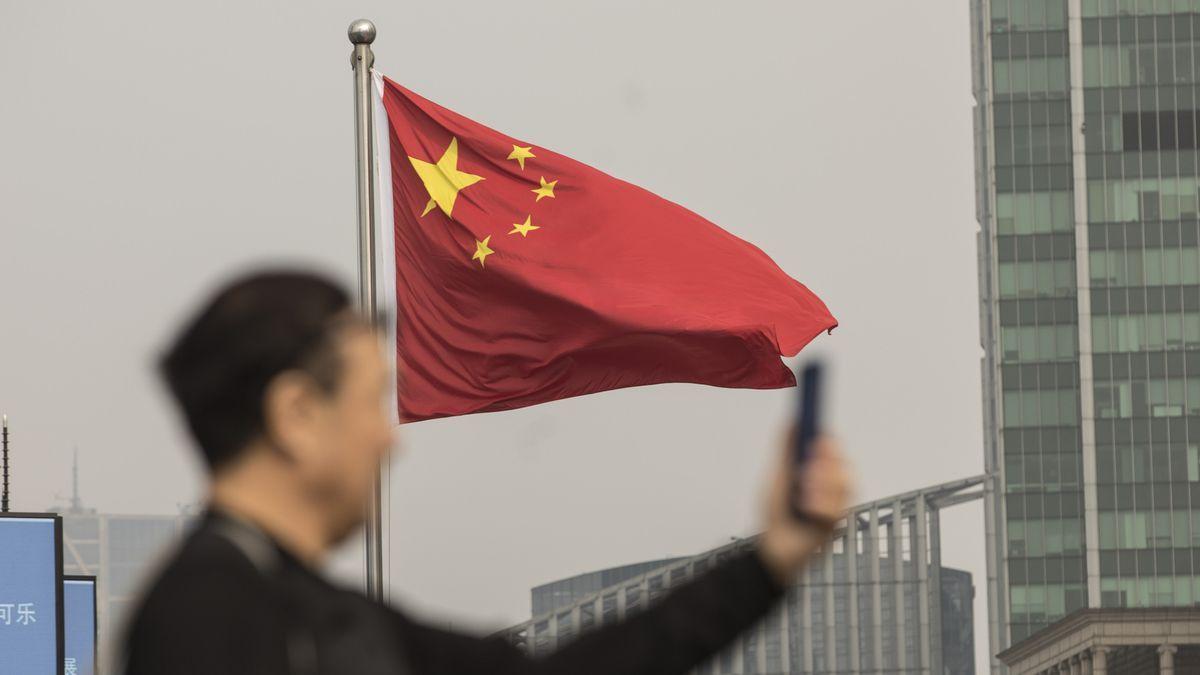Alphabet CIO Ruth Porat Cautions: US Lead in AI Over China Not Guaranteed
2 Sources
2 Sources
[1]
Alphabet CIO Porat Warns US Lead Over China on AI Not Guaranteed
The US isn't guaranteed to maintain a lead over China in the race to develop artificial intelligence, according to Alphabet Inc. President and Chief Investment Officer Ruth Porat. "It isn't a foregone conclusion" that the US will keep its advantage, Porat said in an interview with Bloomberg's Erik Schatzker Tuesday on the sidelines of the World Economic Forum in Davos, Switzerland.
[2]
Alphabet's Porat: US Lead on AI Not a Foregone Conclusion
Ruth Porat, president and chief investment officer at Alphabet and Google, says the US is "about a year plus ahead of China in AI models" as she discusses global leadership on artificial intelligence and how best for the US to regulate AI to promote development and competition. Porat speaks during an interview at Bloomberg House on the sidelines of the World Economic Forum's annual meeting in Davos, Switzerland. (Source: Bloomberg)
Share
Share
Copy Link
Alphabet's President and CIO Ruth Porat warns that the US advantage over China in AI development is not assured, emphasizing the need for continued innovation and strategic planning.

US AI Leadership Not Guaranteed, Warns Alphabet CIO
In a stark reminder of the intense global competition in artificial intelligence (AI), Alphabet Inc.'s President and Chief Investment Officer Ruth Porat has cautioned that the United States' current lead over China in AI development is not a foregone conclusion. This warning comes as nations and tech giants vie for supremacy in a field that is reshaping industries and economies worldwide.
Current US Advantage
Speaking on the sidelines of the World Economic Forum in Davos, Switzerland, Porat provided insight into the current state of AI development between the two global powers. "The US is about a year plus ahead of China in AI models," she stated in an interview with Bloomberg
1
2
. This assessment offers a concrete timeframe for the US advantage, but also underscores the relatively narrow margin of its lead.Factors Influencing AI Leadership
Porat's comments highlight several key factors that could influence the future of AI leadership:
-
Pace of Innovation: The rapid pace of AI development means that current leads can quickly erode if not maintained through continuous innovation and investment.
-
Regulatory Environment: How nations regulate AI can significantly impact its development. Porat discussed the importance of finding the right balance in US regulations to promote development and competition
2
. -
Global Collaboration and Competition: The AI race is not just between individual companies but entire national ecosystems, including academia, industry, and government support.
Implications for Global AI Landscape
The potential for shifts in AI leadership has far-reaching implications:
-
Economic Impact: AI leadership can translate into economic advantages, influencing everything from job markets to national GDP.
-
Technological Sovereignty: Nations leading in AI may have greater control over future technological standards and applications.
-
Geopolitical Considerations: AI capabilities increasingly factor into national security and international relations.
Related Stories
Industry Perspective
As a leader in one of the world's most influential tech companies, Porat's views carry significant weight. Alphabet, Google's parent company, is at the forefront of AI research and development. Her cautionary tone suggests that even industry leaders see the potential for significant changes in the global AI landscape
1
.Call for Strategic Planning
Porat's warning serves as a call to action for policymakers, industry leaders, and researchers in the United States. It emphasizes the need for:
-
Sustained Investment: Continued funding and support for AI research and development.
-
Strategic Policy Making: Crafting regulations that foster innovation while addressing ethical and security concerns.
-
Talent Development: Ensuring a pipeline of skilled AI researchers and practitioners to maintain the competitive edge.
As the AI race continues to intensify, Porat's insights underscore the dynamic and unpredictable nature of technological leadership in the 21st century. The coming years will likely see increased focus on AI development strategies at both national and corporate levels, as countries and companies strive to secure their positions in this critical field.
References
Summarized by
Navi
Related Stories
Mistral CEO calls China's AI lag a 'fairy tale' as debate intensifies over US-China AI race
23 Jan 2026•Policy and Regulation

China AI leaders warn widening gap with US can't be closed by capital alone after $1B IPO week
10 Jan 2026•Technology

Palantir CEO Alex Karp Warns of AI Dangers and US-China Race for Dominance
06 Jun 2025•Technology

Recent Highlights
1
ByteDance's Seedance 2.0 AI video generator triggers copyright infringement battle with Hollywood
Policy and Regulation

2
Demis Hassabis predicts AGI in 5-8 years, sees new golden era transforming medicine and science
Technology

3
Nvidia and Meta forge massive chip deal as computing power demands reshape AI infrastructure
Technology





